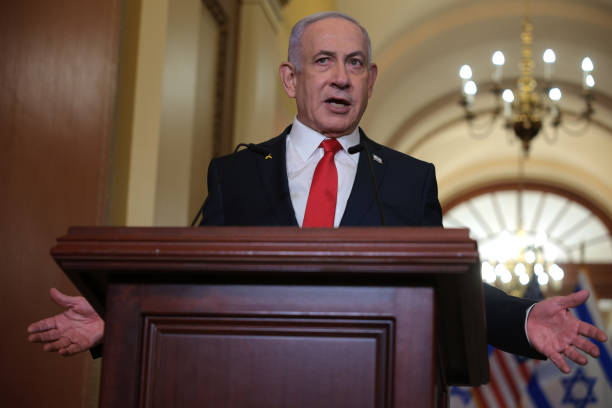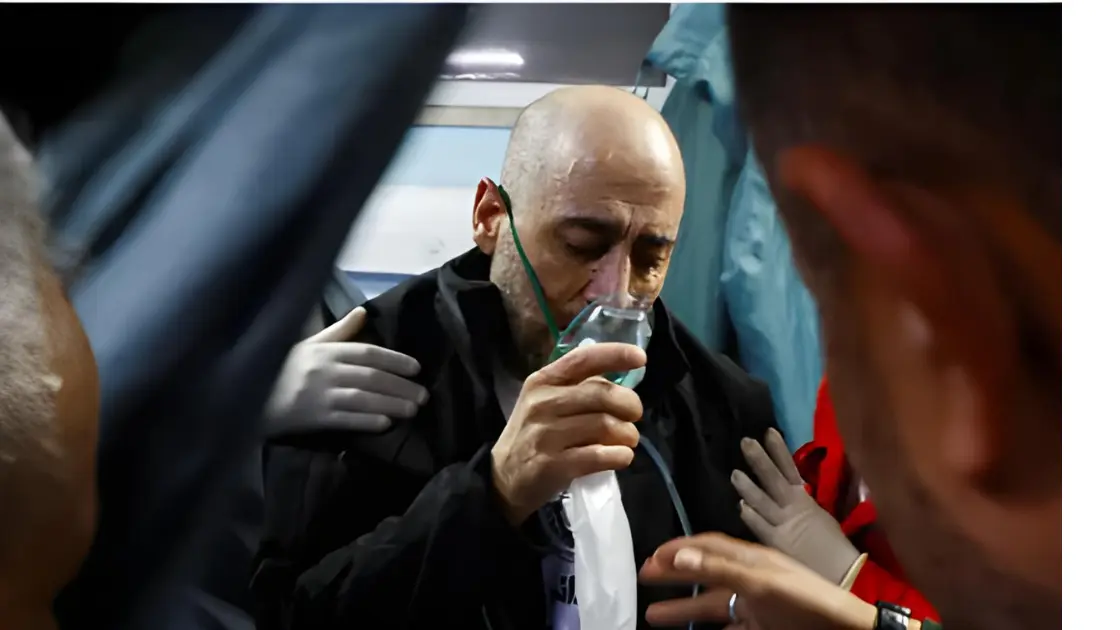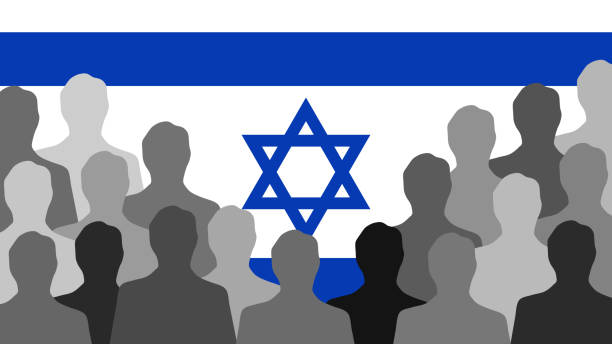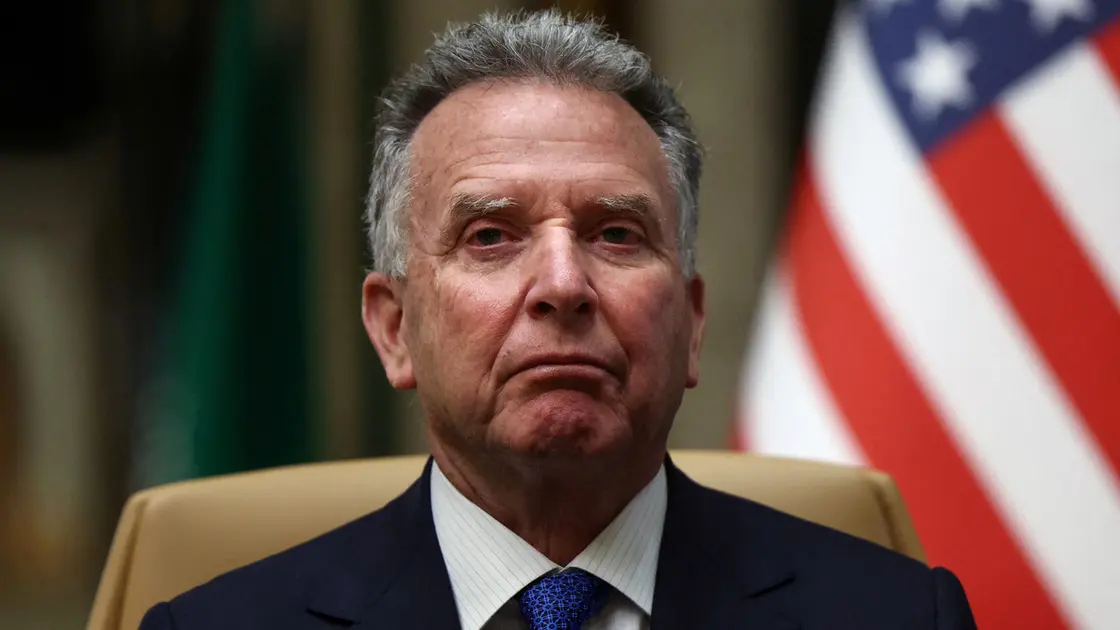Gaza: The fragile ceasefire between Israel and Hamas faces a critical turning point as Hamas accuses Israeli Prime Minister Benjamin Netanyahu of deliberately undermining the truce deal. The Palestinian group says Israel is refusing to engage in negotiations for the second phase of the agreement, set to begin on March 1, 2025.
The ceasefire, which started on January 19, was structured into three phases. The first phase involved exchanging Israeli captives for Palestinian prisoners, a partial withdrawal of Israeli forces, and increased humanitarian aid to the devastated Gaza Strip. The second phase, if implemented, would secure the release of all remaining captives and mark the beginning of a permanent ceasefire.
However, Hamas claims Netanyahu’s government is deliberately stalling, refusing to finalize phase two. Basem Naim, a senior member of Hamas’s political bureau, described Israel’s actions as “dirty games” meant to derail the peace process and pave the way for renewed war.
“Over 100 Palestinians have been killed despite the ceasefire. Much of the agreed humanitarian aid was blocked, and the withdrawal from Gaza’s Netzarim Corridor was postponed,” Naim told Al Jazeera.
Even Israeli officials, speaking anonymously to The New York Times, confirmed that Israel had violated parts of the agreement. Despite this, the Israeli government officially denies any wrongdoing.
Critics argue that Netanyahu has no interest in a permanent ceasefire. If phase two is enacted, Israeli forces will have to reduce military presence in Gaza by day 42 (a week from now), and by day 50, a full withdrawal could be required. Former Israeli diplomat Alon Pinkas says this scenario goes against Netanyahu’s political survival.
“The ceasefire will shift from a pause in fighting to a full end to the war—something Netanyahu cannot afford politically,” Pinkas explained.
Meanwhile, pressure is mounting within Israel. Families of captives held in Gaza are protesting in Tel Aviv, demanding Netanyahu uphold the deal to ensure their safe return. However, hardliners in his government oppose any ceasefire, arguing that Israel should resume bombings and even annex parts of Gaza.
In a significant development, Hamas has announced its willingness to abandon its governing role in Gaza, allowing for a Palestinian unity government or a technocratic administration.
“We are ready to immediately leave the governing position in Gaza and allow any alternative decided through Palestinian consensus,” said Naim.
Hamas says it will continue its resistance against Israeli occupation but does not insist on controlling daily life in Gaza, such as education, healthcare, and social affairs. The group has welcomed an Egyptian proposal to create a committee to govern Gaza, working in coordination with the Palestinian Authority.
With the March 1 deadline approaching, the fate of the ceasefire remains uncertain. If negotiations fail, Israel could resume its military offensive, leaving thousands of civilians trapped in the crossfire. Gaza has already suffered 48,319 Palestinian deaths since Israel’s war began on October 7, 2023. The humanitarian situation remains dire, with over 90% of Gaza’s 2.4 million residents displaced and much of the territory reduced to rubble.
The coming days will determine whether Netanyahu commits to peace—or chooses to escalate the war once again.








